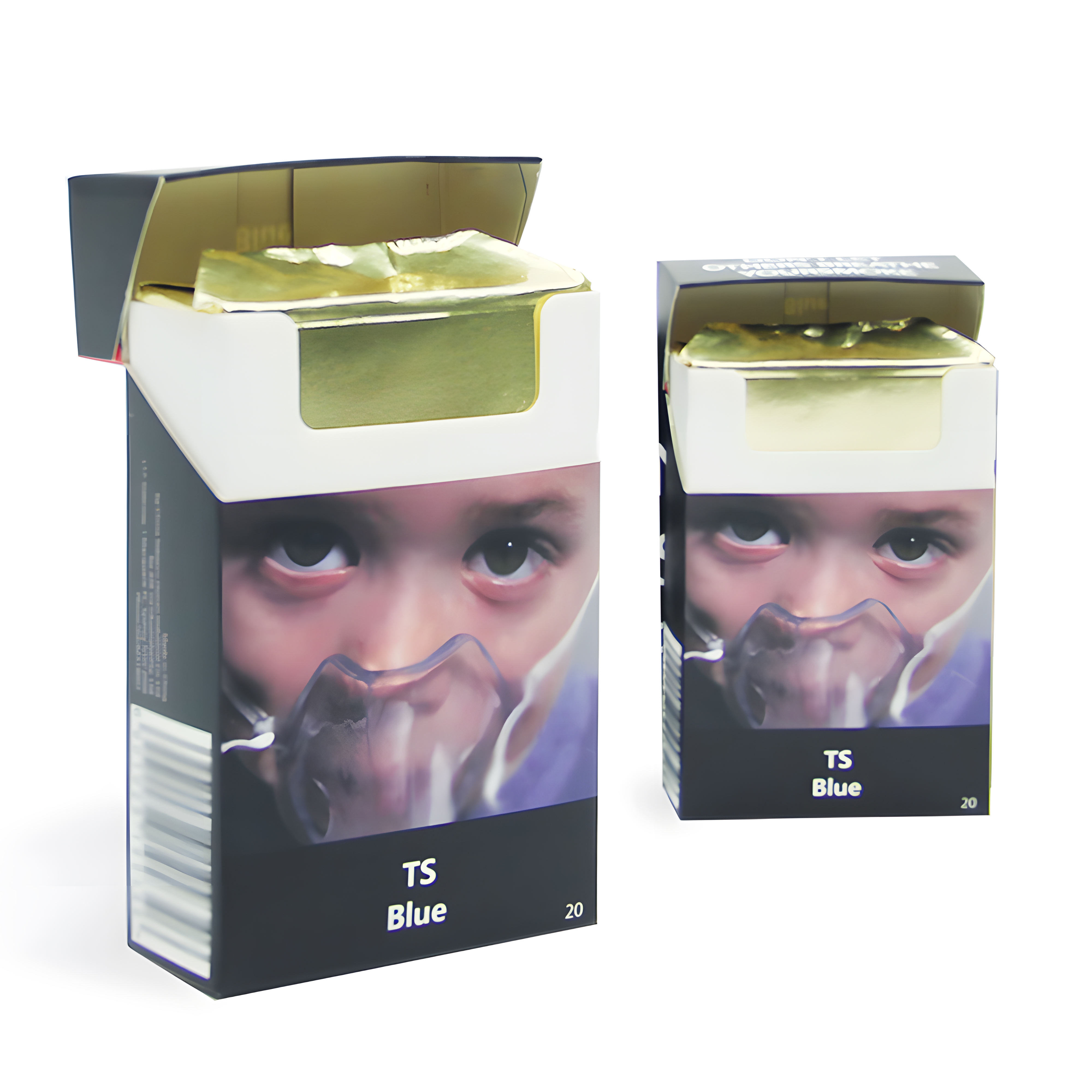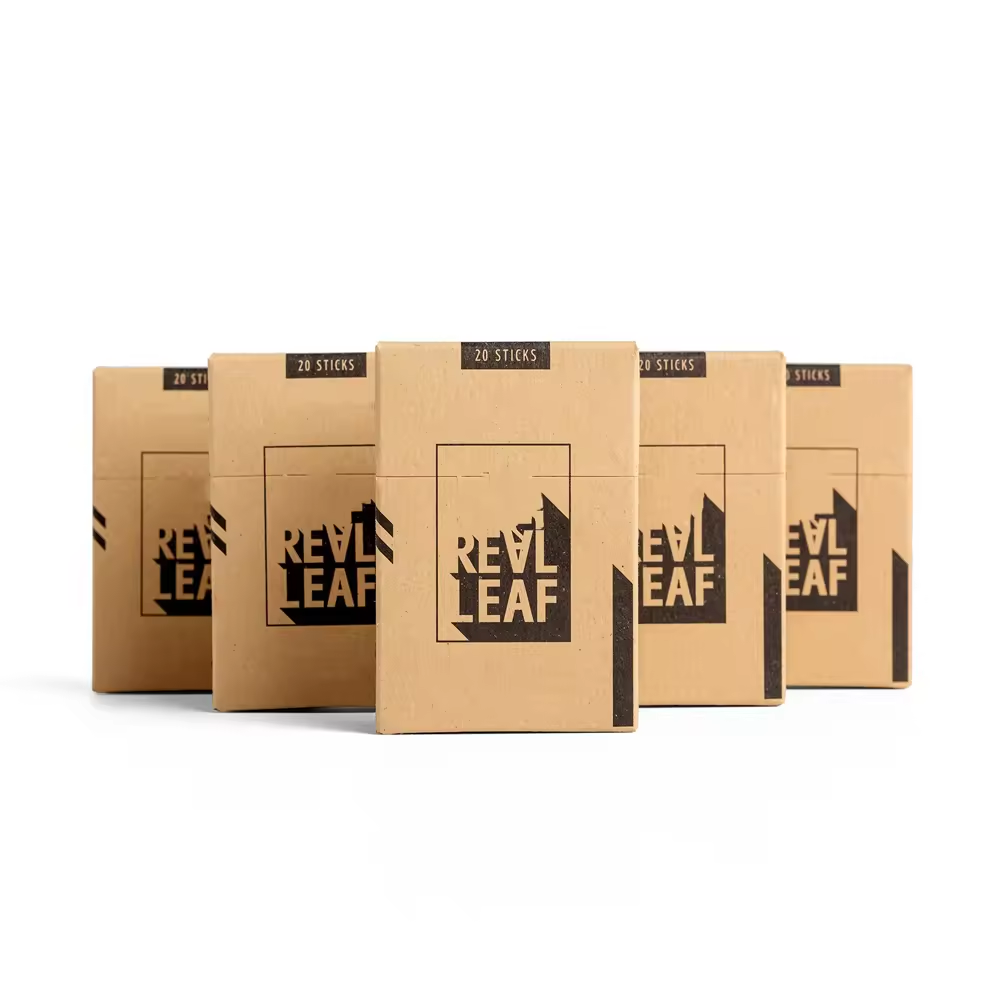The Canadian cigarette packaging industry has undergone significant changes over the past few decades. These changes have been primarily driven by evolving regulations, societal concerns about public health, and a growing awareness of the harmful effects of tobacco consumption. Canada has long been known for its strict regulations on cigarette packaging. The country’s approach to cigarette packaging is unique, with a focus on health warnings and reducing the appeal of smoking to potential consumers. This article will explore the current state of Canadian cigarette packaging, innovations within the industry, history, regulatory changes, health warning and the impact these changes have had on public health.
(1)The Regulatory Landscape(Canadian cigarette packaging)
Canada was one of the first countries to introduce graphic health warnings on cigarette packages. These warnings, which cover over 75% of the package, are designed to educate smokers about the dangers of tobacco use and discourage non-smokers from starting. The warnings depict images such as diseased lungs, rotting teeth, and dying smokers, making them some of the most graphic in the world.
In addition to health warnings, Canada also introduced plain packaging laws in 2018. Plain packaging requires all cigarette brands to be sold in standardized packaging with no logos or branding elements. The aim is to reduce the attractiveness of cigarettes and make them less distinguishable from one another.
(2)Industry Response and Innovation(Canadian cigarette packaging)
The stringent regulations have forced tobacco companies to get creative in their packaging strategies. One innovation that has emerged is the use of child-resistant packaging. These packages are designed to prevent children from accidentally opening them, thereby reducing the risk of accidental poisoning.
Another area of innovation is in the use of sustainable materials. With growing concerns about environmental impact, some companies are exploring the use of biodegradable or recycled materials for cigarette packaging.
(3)Impact on Public(Canadian cigarette packaging)
Health
The impact of Canada’s cigarette packaging regulations on public health has been significant. Studies have shown that graphic health warnings increase awareness of the risks associated with smoking and can lead to increased quit attempts among smokers. Plain packaging has also been effective in reducing the appeal of smoking, particularly among young people who are more susceptible to brand influence.
(4)Early Years(Canadian cigarette packaging)
In the early days of the tobacco industry, cigarette packages were simple, often consisting of a cardboard box with minimal branding. As the industry grew, so did the competition between brands, leading to increasingly sophisticated packaging designs that aimed to attract consumers.
(5)Regulatory Changes(Canadian cigarette packaging)
However, as the health risks associated with smoking became more widely known, governments around the world began implementing stricter regulations on cigarette packaging. In Canada, these regulations have included mandatory health warnings, restrictions on branding and advertising, and standardized packaging requirements.
(6)Health Warnings(Canadian cigarette packaging)
One of the most significant changes to Canadian cigarette packaging has been the introduction of graphic health warnings. These warnings, which cover a significant portion of the package, feature images and text highlighting the dangers of smoking, such as cancer, heart disease, and respiratory problems.
(7)Branding Restrictions(Canadian cigarette packaging)
In addition to health warnings, the Canadian government has also placed restrictions on cigarette branding and advertising. This includes limits on the use of colors, logos, and other design elements that could make the product more appealing to consumers. The goal is to reduce the attractiveness of cigarettes, particularly among young people who may be more susceptible to marketing tactics.
(8)Standardized Packaging(Canadian cigarette packaging)
Another key aspect of recent regulations is the requirement for standardized cigarette packaging. This means that all cigarette packages must adhere to specific dimensions, materials, and design features, making it difficult for brands to differentiate themselves through packaging alone.
Conclusion
As the fight against tobacco continues, it is likely that we will see further changes to cigarette packaging regulations in Canada and around the world. These changes reflect a growing commitment to protecting public health and reducing the appeal of tobacco products, especially among vulnerable populations. The Canadian cigarette packaging industry will need to continue adapting to these evolving regulations while balancing the needs of manufacturers, retailers, and consumers. The Canadian cigarette packaging industry will need to continue adapting to these evolving regulations while balancing the needs of manufacturers, retailers, and consumers. Canadian cigarette packaging has undergone significant changes in recent years, driven by a commitment to public health and a desire to reduce smoking rates. The industry has responded with innovative solutions that not only comply with regulations but also address broader societal concerns such as child safety and environmental sustainability. As the battle against tobacco continues, it will be interesting to see how the industry adapts to future challenges and what new innovations emerge.
Post time: Jun-24-2024











